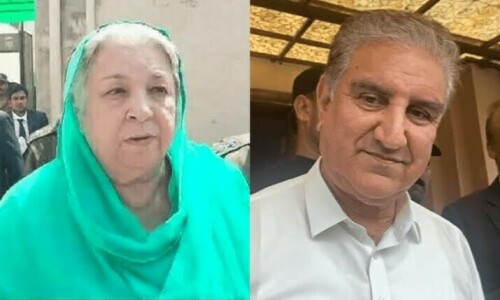Afghan children toil in Pakistan





ISLAMABAD: For more than three decades, Pakistan has been the home to one of the world's largest refugee communities: hundreds of thousands of Afghans who have fled the repeated wars, fighting in their country
Since the 2001 US-led invasion of Afghanistan, some 3.8 million have returned home, according to the United Nations' refugee agency.
But nearly 1.6 million registered Afghan refugees remain in Pakistan, with roughly another million living here illegally.
Whole generations of Afghan children have been born and raised in Pakistan, often living in poverty and uncertainty.
Awal Gul, 12, lives in a slum on the outskirts of the capital, Islamabad.
He's never gone to school and instead works as a day laborer at a nearby vegetable market.
He dreams of becoming a famous cricket player and representing his homeland.
"My land is in Afghanistan, and we have nothing in Pakistan," he said.
The Afghan population in Pakistan is the legacy of Afghanistan's repeated conflicts.
Millions streamed across the border after the Soviet invasion of Afghanistan in 1979, the start of a decade-long war against the occupation.
After the Soviets pulled out, the country was torn apart by fighting between warlords, and more Afghans fled. When the Taliban rose to power in 1996, their strict form of Sunni Islam further terrorised the population.
Most of the refugees can't fathom returning to Afghanistan.
They may feel like outsiders in Pakistan, but they say their homeland is still too violent and desperately poor.
But many Pakistanis are growing frustrated with the toll they say the refugee population is taking on their country, and pressure is mounting on the government to send them back.
The Afghans are perceived as bringing crime and terrorism to Pakistan and have a hard time finding jobs or sending their children to school.











































